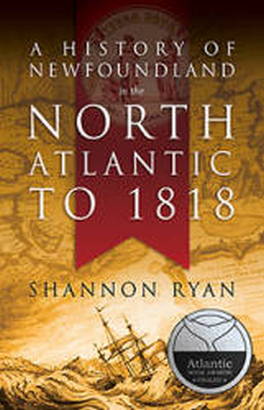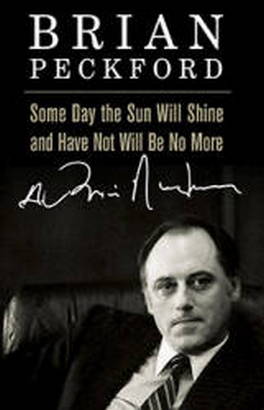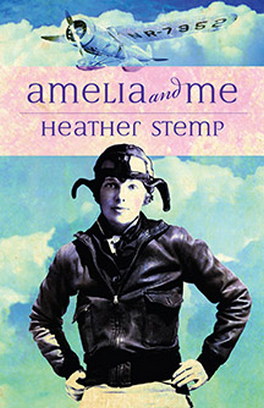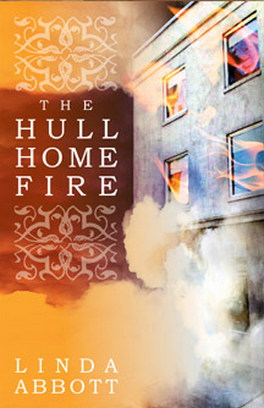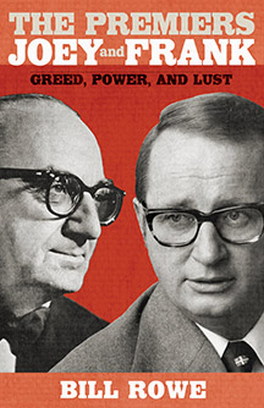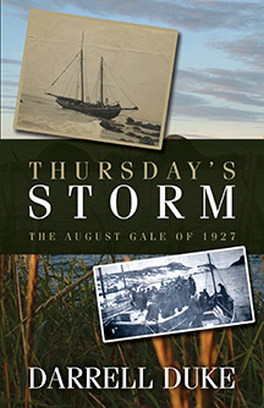In this final instalment of Robert Hunt’s memoirs, we return to the alleys and street corners of St. John’s in the 1950s and 1960s. Baby boomers coming of age in this growing city often faced difficult and sometimes frightening challenges, including daily threats from bullies and attending school under the oppressive yoke of the Irish Christian Brothers. But life in downtown St. John’s wasn’t all bad. Together with his childhood friends, Robert Hunt explored the city and came to know first-hand some of its historical riches. With stories of World War I hero Tommy Ricketts, hockey greats Alex and George Faulkner, working with Canadian National Railway employees on the “Newfie Bullet,” and many more, Brazil Street is a treasure for the ages. Experience the lives of these townies and corner boys in the heyday of St. John’s, the oldest city in North America, and enjoy this unique trip down memory lane. Praise for Corner Boys “This is one of the best books about growing up—and being a kid—that I have ever read. It moved me even more profoundly than This Boy’s Life by Tobias Wolfe.” — Western Star Praise for Townies “[Robert Hunt’s] writing is a combination of grittiness and tenderness that rings as true as your friendly neighbour who shovels out your driveway after a snowfall and looks a little embarrassed when you thank him.” — Northeast Avalon Times
I have a few old things in my possession that I have collected over time. One is a rotary dial phone from the early 1960s. There are also two dry cells from an older phone used in the mid-1930s or 1940s which are marked ADR2—No. 6 Telephone and Telegraph Dry Cell. I also have a dairy bottle from Sunshine Dairies that was used when milk was delivered door to door in the 1950s and 1960s. There is an old stove iron from the early 1950s for ironing clothes. Another favourite memento, a Hawkeye Camera, which I found at an outdoor flea market several years ago, came from the late 1950s. I also have old photos from the 1940s to the 1960s that I treasure immensely.
Also in my possession is a 1954 Gold Star stamp book, from which you would use the coupons to purchase merchandise at various stores in St. John’s when you had collected enough stamps. I believe the London, New York and Paris and Bowring Brothers used stamp books like this in early years. A catalogue of merchandise within the booklet showed the latest styles that could be purchased. People went crazy for these coupons in our time, as money was scarce, and women tried to get what they could to provide clothes for themselves and their families.
I also have a View-Master, probably from the same era, a stereoscope which allowed the viewer to look at fourteen circular pictures on a rotating disc of old westerns, cartoons, and scenic wonders of the world, among other things. Each slide showed a different picture when rotated as the turn handle was pulled down on the right-hand side and the viewer looked through two binocular sights. It was like sitting and looking at a movie screen, but it was right in front of you and looked so real that you could almost reach out and touch the scenes within.
Growing up in St. John’s, in order to receive things, one had to work nearly as hard as their parents. My brothers and I were not born with silver spoons in our mouths. Dad was a hard-working man with CNR, or Canadian National Railways. Mom, due to a heart ailment, was a stay-at-home mother who took care of five boys while Dad was out trying to provide for us all.
With the running of the house and looking after five young boys and trying to pay the bills, Dad and Mom didn’t have much spare change. Nearly every cent went toward the upkeep and the running of our home and the expense of raising and feeding the seven of us. So, we had to roam the city streets looking for things to do and to earn pocket change. And boy, did we ever roam the city, particularly Water Street, which became our second home. We did so many chores and messages down there that we knew every avenue, laneway, cove, and side road.
I remember so many times as a young boy going to Holy Cross School on Patrick Street, which was destroyed by fire on December 11, 1969. In my early years, from grade one to grade five, I didn’t have any money in my pocket to spend on lunch or a treat. That’s right. Sometimes we went to school with no lunch. I can’t imagine kids today having to do that. If I did manage to earn a few pennies about town, it was barely enough to buy a snack or a treat at Power’s Candy Store on New Gower Street—usually fudge or candy to take with me for recess. More often than not, it was eaten beforehand, as the temptation was too great.
We didn’t have the School Lunch Program. Either your parents had money for lunch or you worked to get that money. There weren’t many options in those days. It was basic math: no money, no lunch or treats. On the rare occasion that we did have lunch, most times it was homemade bread with molasses or peanut butter and, if you were lucky, supper leftovers or a treat of homemade cookies. That was it. If we did have extra money, we could share a can of potted meat or Mom’s fresh homemade bread, along with distilled orange or apple juice (half water and half juice in a mixture) or powdered milk.
I recall envying some of the well-off boys at school. They seemed to have everything that Dickie White and I wanted. One boy was a fellow named Damian Hayes. His parents owned and operated a grocery store on Craigmillar Avenue, and it was a dream to Dickie and me to have one, too. He always seemed to have everything that the rest of us didn’t have. He was nicely dressed, too, I might add. I always wished my dad owned a store, but of course he did not. But I do remember Damian, being a great guy, always shared what he had with us in candy or food. A nice person, a good friend, and a class act when we attended school.
Many people were poor in those days, but we were never unhappy. We used to go to Kevin King’s or Frank Furlong’s store for Mom and Dad and “charge” things until Dad got paid. There we would get things on credit such as bread, milk, and some of the other necessities of life. When the credit limit reached its high point, it was stopped until paid in full, and then we would return again and charge more to get to another limit. It was the way most people of that time survived: from payday to payday. And in those days there was only one person working, usually the man, as the lady of the house stayed home and took care of the children.
I learned at an early age that hard work paid dividends. We quickly learned that there were no handouts from anyone, and pennies had to be earned. I cannot count how many times I asked Mom or Dad for money that they didn’t have. Sometimes, if Dad had earned a few extra tips from passengers on the train, we would be given a dime or quarter as a treat when he came home from a trip. That usually had to do us a week or two, so we spent it sparingly.
A vivid picture of a way of life that is gone.-- The Telegram --














